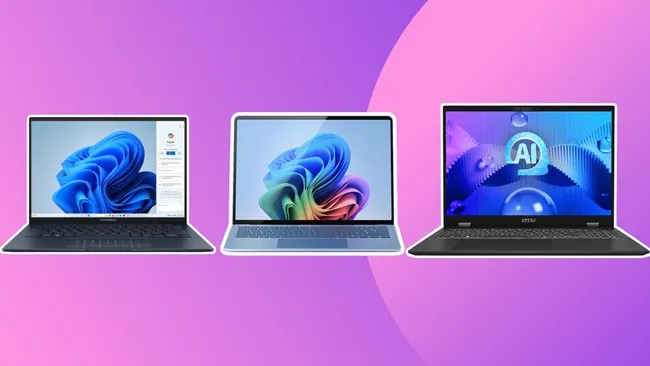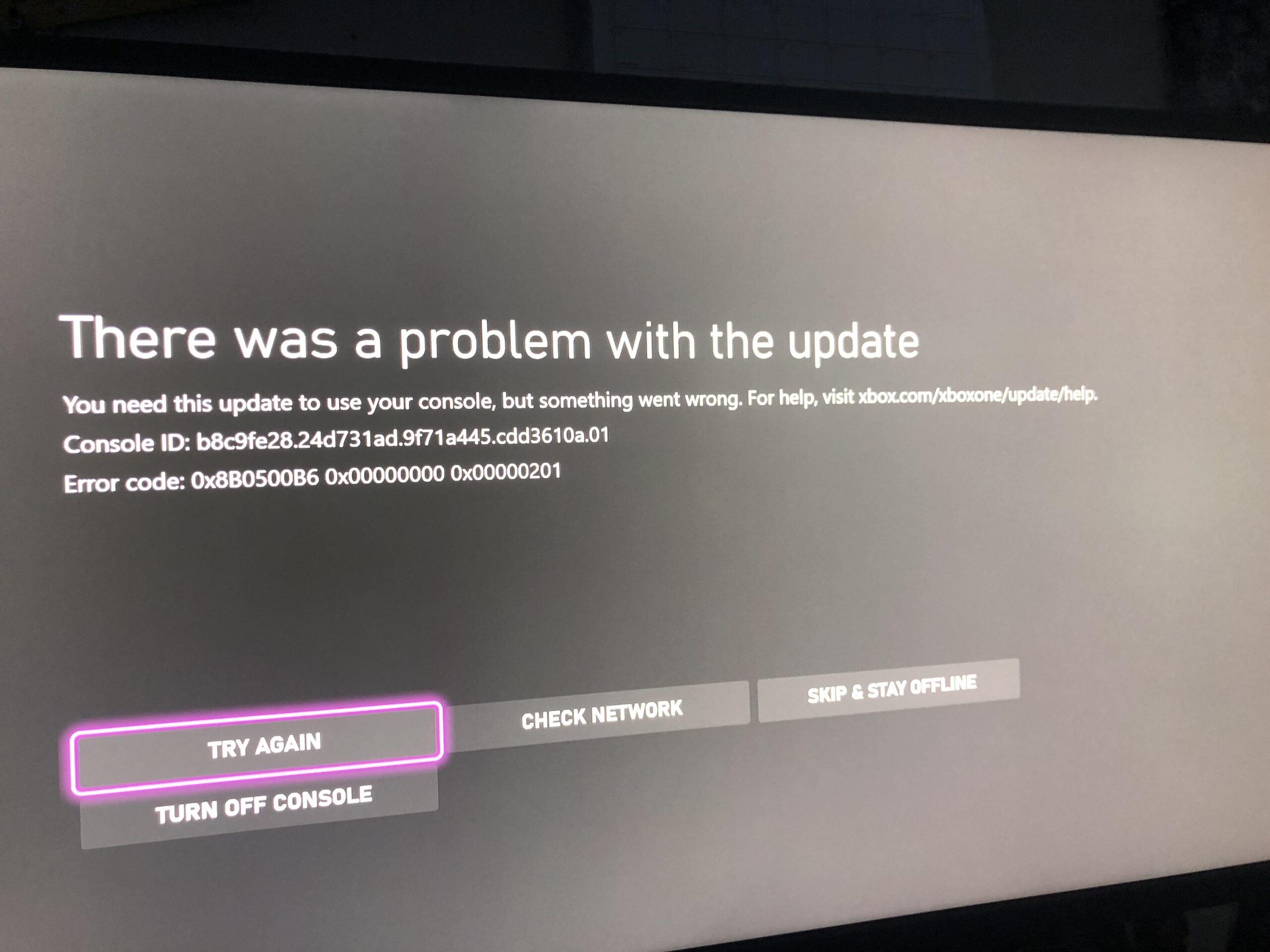So, you’re diving into the world of AI? Awesome! To be specific, we’re not talking about ChatGPT where you access LLM on a browser. We’re talking about hosting LLM models locally (ollama, LM Studio)! Whether you’re training machine learning models, crunching data, or creating AI-generated art, you’re going to need a laptop that can keep up. Forget those underpowered machines – we’re talking serious processing power, ample memory, and a graphics card that can handle the heat.
Choosing the right laptop for AI can feel overwhelming. There’s a ton of jargon, and the specs can be confusing. That’s why I’ve put together this guide to help you navigate the options and find the perfect AI-ready laptop for your needs.
First things first: what are the key specs to consider?
Processor (CPU): The brain of your laptop. For AI tasks, you’ll want a powerful multi-core processor. Intel Core i7 or i9 (especially the H-series) or AMD Ryzen 7 or 9 processors are your best bet. More cores mean faster processing of complex calculations.
Graphics Card (GPU): This is where the magic happens, especially for machine learning and AI art. An NVIDIA GeForce RTX or AMD Radeon RX series graphics card with plenty of VRAM (8GB or more) is crucial. The more VRAM, the larger the models you can work with.
Memory (RAM): AI tasks are memory-intensive. 16GB is the bare minimum, but 32GB or even 64GB is highly recommended, especially if you’re working with large datasets.
Storage (SSD): A fast SSD is essential for quick loading times and smooth performance. Opt for at least 1TB, but 2TB or more is ideal, especially if you plan to store those LLM models locally.
Display: A high-resolution display (1080p or higher) is important for visualizing data and working with AI art tools. Consider a color-accurate display if you’re doing image or video-related AI work.
Now, let’s look at some specific laptop recommendations:
For the Budget-Conscious AI Enthusiast:
Acer Nitro V: This laptop series is geared for AI workloads, offers a great balance of performance and affordability. It typically comes with an Intel Core i5 or i7 processor, an NVIDIA GeForce RTX 4050 graphics card, and 16GB of RAM. It’s a solid entry-level option for learning AI and experimenting with smaller projects.
AI TOPs (estimate): 282
eGPU support: Thunderbolt 4
Cost: expect around $750
For the Serious AI Professional:
Dell XPS 16, 17: These laptops are known for their premium build quality, excellent displays, and powerful performance. They can be configured with Intel Core i7 or i9 processors, NVIDIA GeForce RTX 3060 or 4050 graphics cards, and up to 64GB of RAM. They’re a great choice for demanding AI tasks and data science work.
AI TOPs (estimate): 255
eGPU support: nil
Cost: expect around $1950
For the AI Art Creator:
Apple MacBook Pro (14-inch or 16-inch): The M4 Pro chips in the latest MacBook Pros offer incredible performance for AI art tasks, especially when using tools like Stable Diffusion or DALL-E 2. The excellent displays and long battery life are also a plus.
AI TOPs (estimate): 46
eGPU support: nil
Cost: expect around $2699
Don’t Forget the Accessories!
To maximize your AI workflow, consider investing in a few essential accessories:
External GPU enclosure: essential if the one on board just doesn’t do the trick – which is often the problem with mobile variants of GPUs. See support per model above.
External Monitor: A larger display can significantly improve your productivity.
Ergonomic Keyboard and Mouse: Comfortable peripherals are crucial for long coding sessions.
External SSD: For extra storage and fast data transfer.
Tip: Personally I use the Logitech Craft keyboard and MX Vertical. The keyboard has held out great over the years and is an excellent purchase. The MX Vertical is a massive disappointment (read: do not buy) as it is susceptible to the dreaded doubleclick problem a lot of mice have. I no longer look at Logitech mice in the same light, sadly.
Choosing the right laptop for AI tasks is a big decision, but hopefully, this guide has given you a clearer understanding of what to look for. Remember to prioritize the specs that are most important for your specific needs and budget. Happy AI-ing!
By the way, try out our new AI-powered Laptop Finder. It’s easy to use and you can enter your exact requirements and AI will find it for you:



